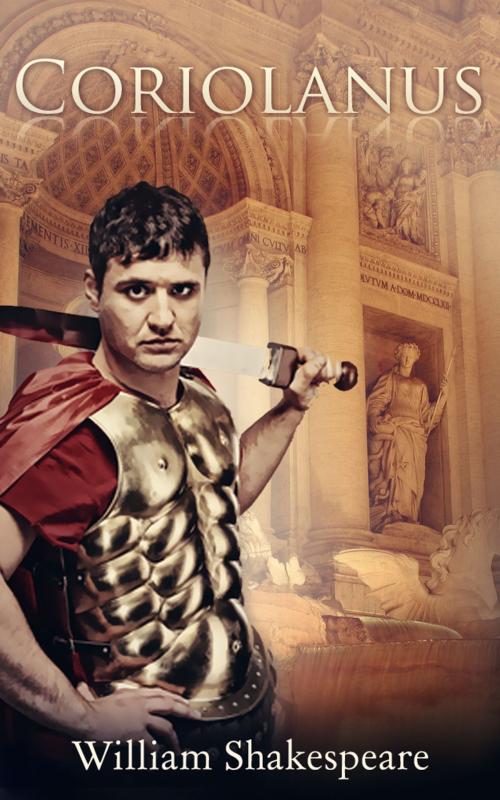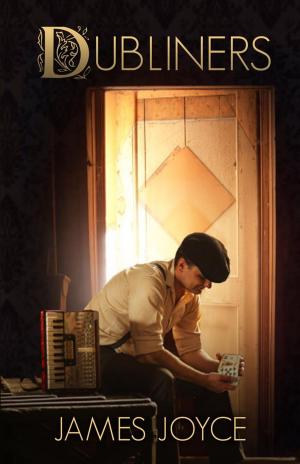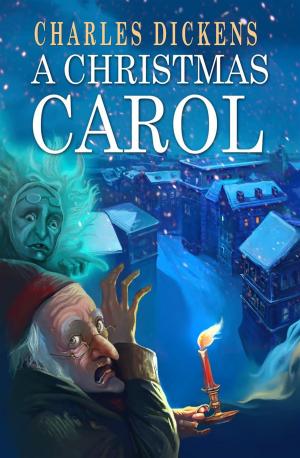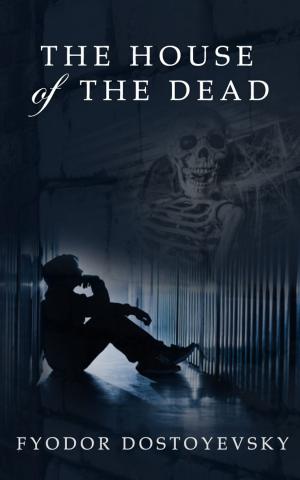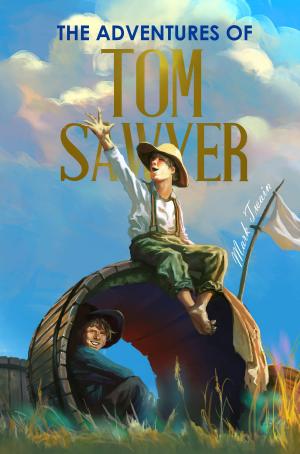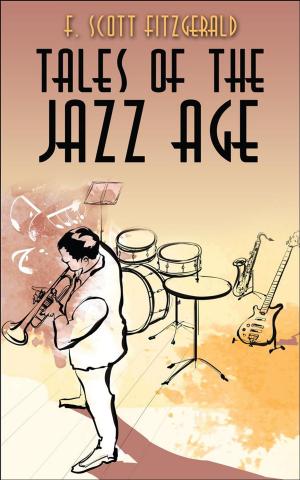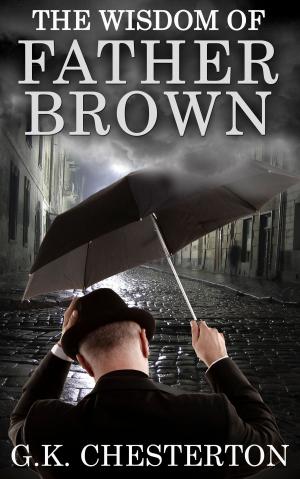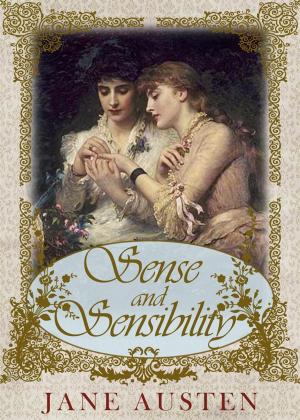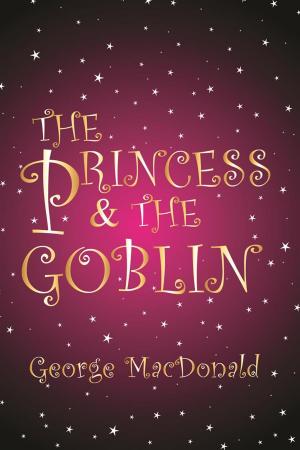Coriolanus
[Special Illustrated Edition] [Free Audio Links]
Fiction & Literature, Literary Theory & Criticism, Drama History & Criticism, Nonfiction, Entertainment, Drama, Shakespeare| Author: | William Shakespeare | ISBN: | 1230000159604 |
| Publisher: | Starbooks Classics Publishing | Publication: | August 12, 2013 |
| Imprint: | Language: | English |
| Author: | William Shakespeare |
| ISBN: | 1230000159604 |
| Publisher: | Starbooks Classics Publishing |
| Publication: | August 12, 2013 |
| Imprint: | |
| Language: | English |
Coriolanus is a tragedy by William Shakespeare, believed to have been written between 1605 and 1608. The play is based on the life of the legendary Roman leader Caius Marcius Coriolanus.
[Critical appraisal]
A. C. Bradley described this play as "built on the grand scale," like King Lear and Macbeth, but it differs from those two masterpieces in an important way. The warrior Coriolanus is perhaps the most opaque of Shakespeare's tragic heroes, rarely pausing to soliloquise or reveal the motives behind his prideful isolation from Roman society. In this way, he is less like the effervescent and reflective Shakespearean heroes/heroines such as Macbeth, Hamlet, Lear and Cleopatra, and more like figures from ancient classical literature such as Achilles, Odysseus, and Aeneas—or, to turn to literary creations from Shakespeare's time, the Marlovian conqueror Tamburlaine, whose militaristic pride finds its parallel in Coriolanus. Readers and playgoers have often found him an unsympathetic character, although his caustic pride is strangely, almost delicately balanced at times by a reluctance to be praised by his compatriots and an unwillingness to exploit and slander for political gain. His dislike of being praised might be seen as an expression of his pride; all he cares about is his own self-image, whereas acceptance of praise might imply that his value is affected by others' opinion of him. The play is less frequently produced than the other tragedies of the later period, and is not so universally regarded as great. (Bradley, for instance, declined to number it among his famous four in the landmark critical work Shakespearean Tragedy.) In his book Shakespeare's Language, Frank Kermode described Coriolanus as "probably the most fiercely and ingeniously planned and expressed of all the tragedies".
T. S. Eliot famously proclaimed Coriolanus superior to Hamlet in The Sacred Wood, in which he calls the former play, along with Antony and Cleopatra, the Bard's greatest tragic achievement. Eliot wrote a two-part poem about Coriolanus, "Coriolan" (an alternative spelling of Coriolanus); he also alluded to Coriolanus in a passage from his own The Waste Land when he wrote, "Revive for a moment a broken Coriolanus."
Coriolanus has the distinction of being among the few Shakespeare plays banned in a democracy in modern times. It was briefly suppressed in France in the late 1930s because of its use by the fascist element.
Coriolanus has fewer familiar characters than either Troilus and Cressida or Antony and Cleopatra, yet it shares thematic interests with these plays.
[Adaptations]
Bertolt Brecht adapted Shakespeare's play in 1952–55, as Coriolan for the Berliner Ensemble. He intended to make it a tragedy of the workers, not the individual, and introduce the alienation effect; his journal notes showing that he found many of his own effects already in the text, he considered staging the play with only minimal changes. The adaptation was unfinished at Brecht's death in 1956; it was completed by Manfred Wekwerth and Joachim Tenschert and staged in Frankfurt in 1962.
Slovak composer Ján Cikker adapted the play into an opera and premiered in 1974 in Prague.
In 2011, Ralph Fiennes directed and starred as Coriolanus with Gerard Butler as Aufidius and Vanessa Redgrave as Volumnia in a modern-day film adaptation Coriolanus. It was released on DVD and Blu-ray in May, 2012. It has a 94% rating on the film review site Rottentomatoes.com, giving it a Certified Fresh award.
In autumn 2013, Tom Hiddleston is set to play the title character at the Donmar Warehouse in a play adaptation directed by Josie Rourke.
Coriolanus is a tragedy by William Shakespeare, believed to have been written between 1605 and 1608. The play is based on the life of the legendary Roman leader Caius Marcius Coriolanus.
[Critical appraisal]
A. C. Bradley described this play as "built on the grand scale," like King Lear and Macbeth, but it differs from those two masterpieces in an important way. The warrior Coriolanus is perhaps the most opaque of Shakespeare's tragic heroes, rarely pausing to soliloquise or reveal the motives behind his prideful isolation from Roman society. In this way, he is less like the effervescent and reflective Shakespearean heroes/heroines such as Macbeth, Hamlet, Lear and Cleopatra, and more like figures from ancient classical literature such as Achilles, Odysseus, and Aeneas—or, to turn to literary creations from Shakespeare's time, the Marlovian conqueror Tamburlaine, whose militaristic pride finds its parallel in Coriolanus. Readers and playgoers have often found him an unsympathetic character, although his caustic pride is strangely, almost delicately balanced at times by a reluctance to be praised by his compatriots and an unwillingness to exploit and slander for political gain. His dislike of being praised might be seen as an expression of his pride; all he cares about is his own self-image, whereas acceptance of praise might imply that his value is affected by others' opinion of him. The play is less frequently produced than the other tragedies of the later period, and is not so universally regarded as great. (Bradley, for instance, declined to number it among his famous four in the landmark critical work Shakespearean Tragedy.) In his book Shakespeare's Language, Frank Kermode described Coriolanus as "probably the most fiercely and ingeniously planned and expressed of all the tragedies".
T. S. Eliot famously proclaimed Coriolanus superior to Hamlet in The Sacred Wood, in which he calls the former play, along with Antony and Cleopatra, the Bard's greatest tragic achievement. Eliot wrote a two-part poem about Coriolanus, "Coriolan" (an alternative spelling of Coriolanus); he also alluded to Coriolanus in a passage from his own The Waste Land when he wrote, "Revive for a moment a broken Coriolanus."
Coriolanus has the distinction of being among the few Shakespeare plays banned in a democracy in modern times. It was briefly suppressed in France in the late 1930s because of its use by the fascist element.
Coriolanus has fewer familiar characters than either Troilus and Cressida or Antony and Cleopatra, yet it shares thematic interests with these plays.
[Adaptations]
Bertolt Brecht adapted Shakespeare's play in 1952–55, as Coriolan for the Berliner Ensemble. He intended to make it a tragedy of the workers, not the individual, and introduce the alienation effect; his journal notes showing that he found many of his own effects already in the text, he considered staging the play with only minimal changes. The adaptation was unfinished at Brecht's death in 1956; it was completed by Manfred Wekwerth and Joachim Tenschert and staged in Frankfurt in 1962.
Slovak composer Ján Cikker adapted the play into an opera and premiered in 1974 in Prague.
In 2011, Ralph Fiennes directed and starred as Coriolanus with Gerard Butler as Aufidius and Vanessa Redgrave as Volumnia in a modern-day film adaptation Coriolanus. It was released on DVD and Blu-ray in May, 2012. It has a 94% rating on the film review site Rottentomatoes.com, giving it a Certified Fresh award.
In autumn 2013, Tom Hiddleston is set to play the title character at the Donmar Warehouse in a play adaptation directed by Josie Rourke.
